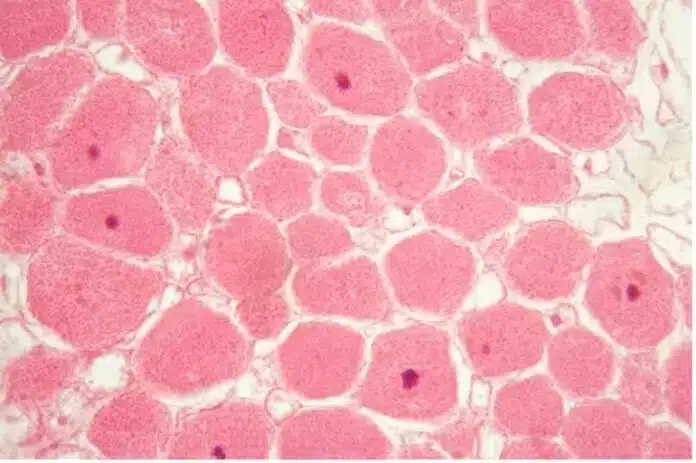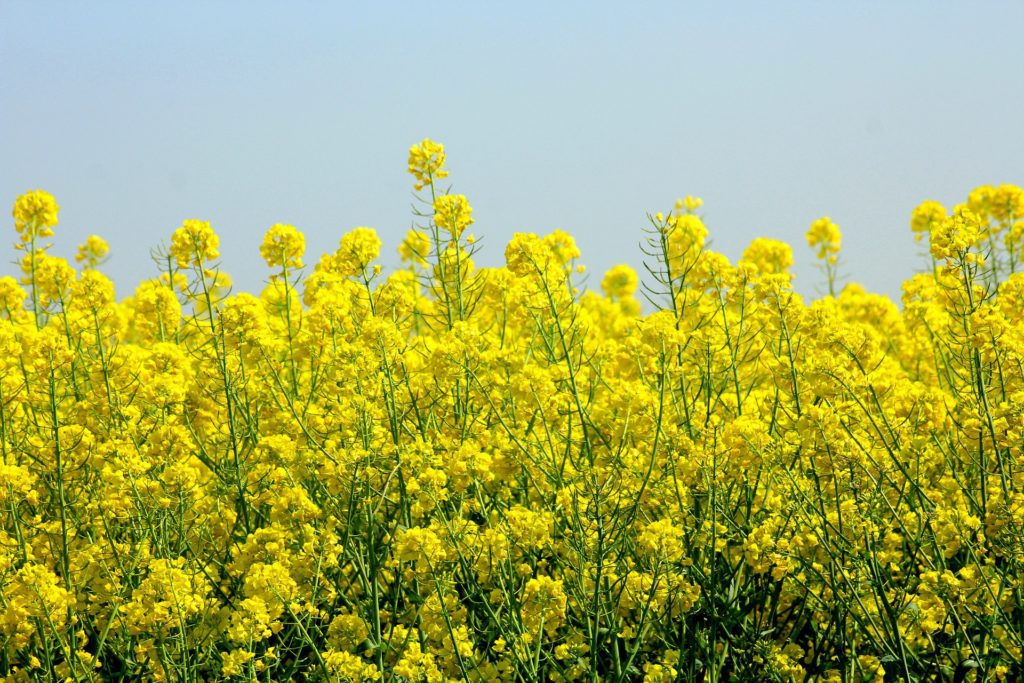Imagine a microorganism that lives in soil sitting next to a plant in a therapist’s office. Across from them in the therapist’s chair is Ascophyllum nodosum, a type of seaweed, helping the two of them get along better.
It might sound silly, but this is essentially the role that seaweed extract-based biostimulants play in soil. Let me explain.
In the last few decades, innovative research into the soil microbiome has shown that soil is full of life, and that these organisms have a direct dialogue with plants.
This discovery has significant consequences, forcing us to reconsider how we manage soil health. One technology that has attracted attention for its beneficial effects on soil microbes is seaweed extract.
The microbiome is basically the community of microorganisms that live in the soil, such as bacteria, fungi, protozoa and nematodes. These microbes perform various functions that affect plant health, such as nutrient cycling, water retention and stress tolerance. Plants communicate with these microbes through root exudates, which are substances that plants secrete from their roots.
Some of these substances are signals that attract or repel certain microbes, while others are nutrients that feed the microbes. This communication is crucial for establishing a symbiotic relationship between plants and microbes, where both parties benefit from each other.
Seaweed extract changes how plants communicate with the soil microbes. These biostimulants contain bioactive compounds that mimic or enhance some of the signals and nutrients in root exudates. This means that seaweed extract can influence the composition and activity of the microbiome, favouring beneficial microbes over harmful ones.
This insight opens new opportunities for improving the symbiotic relationship between plants and microbes, creating a healthier and more productive ecosystem. Research conducted on mycorrhizal fungi and rhizobium has shown that Acadian’s seaweed extract technology had a direct impact on these symbiotic microbes.
Mycorrhizal fungi form a mutualistic association with plant roots, helping them absorb water and minerals. Rhizobia are bacteria that form a mutualistic association with legume plants, helping them fix nitrogen from the air. Seaweed extract technology triggered spore germination, growth and branching of mycorrhizal fungi, increasing their colonization of plant roots. Likewise, Acadian’s seaweed extract technology affected the formation of root nodules, where rhizobia live and fix nitrogen, enhancing this symbiotic relationship.
This dual mode of action – influencing both the plant and the soil microbes that it interacts with – demonstrates the extract’s potential to revolutionize our knowledge of microbiome dynamics.









